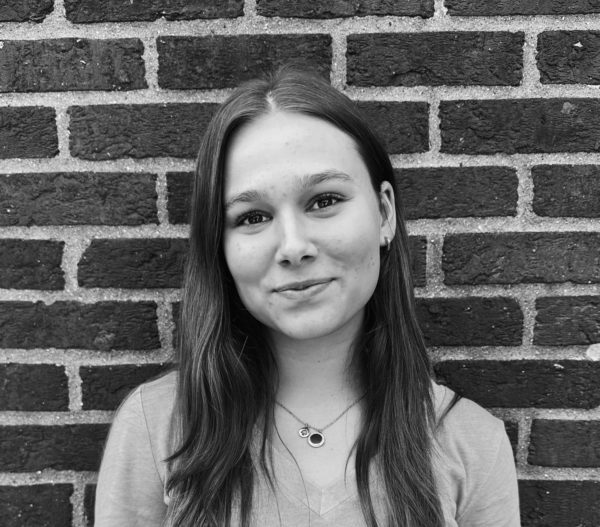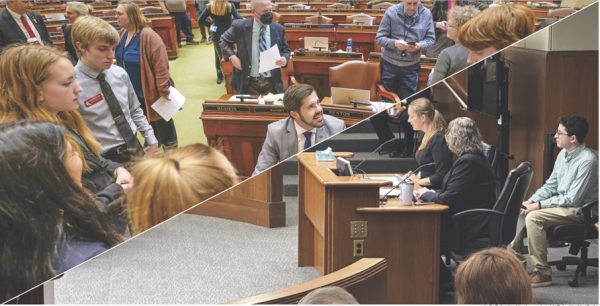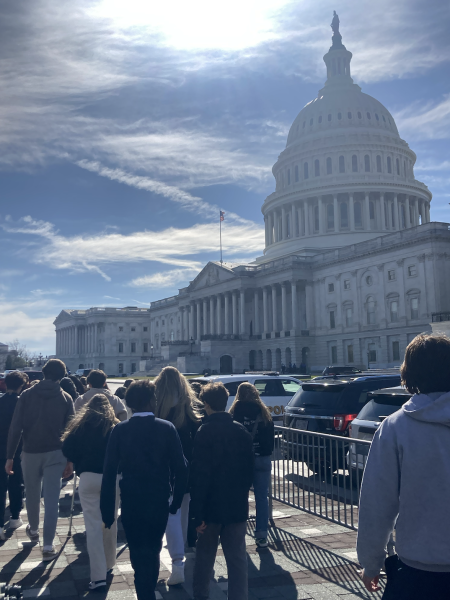History Looks to Future
New curriculum introduced for coming years
The social studies curriculum will alter classes for next year, and in the years to come, a big change. A process of over three years, this transition of the social studies curriculum includes new classes for tenth grade, and it also shifts U.S. History classes up to eleventh grade.
The extensive process involved the social studies department researching other independent schools’ courses to help decide what was best for students going forward. Beth Calderone, chair of the social studies department, comments on a big factor in the decision, saying “we looked deeply at the kinds of things we think that social studies students need, and one of them that we [the social studies department] think that has been lacking this last couple of years … is robust research paper experiences.” The change in the curriculum for rising ninth graders includes the addition of more research components to help develop research based thinking. The ninth grade history class will still be a full year class, World History, a combination of the prior two classes Ancient Roots and Modern World History.
The biggest impact will be on the tenth grade courses. Two semester-long courses will be offered; one is a civics based class called Citizenship and the Nation. As students get closer to voting age, this robust civics course will help students learn more about the politics of our current day and age.
The other class for tenth graders is a class on colonialism and post-colonialism, which incorporates modern world history into the course. In this second semester course, students will complete a research project or paper. Calderone and the social studies department hope to create more exhibitions for these assignments, including project nights and presentations of research.
The shift in the tenth grade classes will push U.S. History up to eleventh grade. The eleventh grade classes will now include an AP U.S. History course and a non-AP option, titled American Identity.
As for the students’ opinions on the shift in classes, Ethan Klaiman ‘25 thinks, “you don’t really need to spend that much time on things like colonialism because I feel like it could be incorporated into the civics class.” Students like Klaiman acknowledge the pros and cons to this change such as the minimization of choice in social studies classes.
Overall, this change allows for different requirements that Calderone and the social studies department think are important in students’ education rather than taking them as electives. These classes also provide more research-based learning, a goal that the social studies department envisioned as part of their curriculum.

Hi, my name is Zoey and I am a senior this year. Last semester, I served as the Variety Editor and I am also a Co-Editor-in-Chief. Last year I was the...










